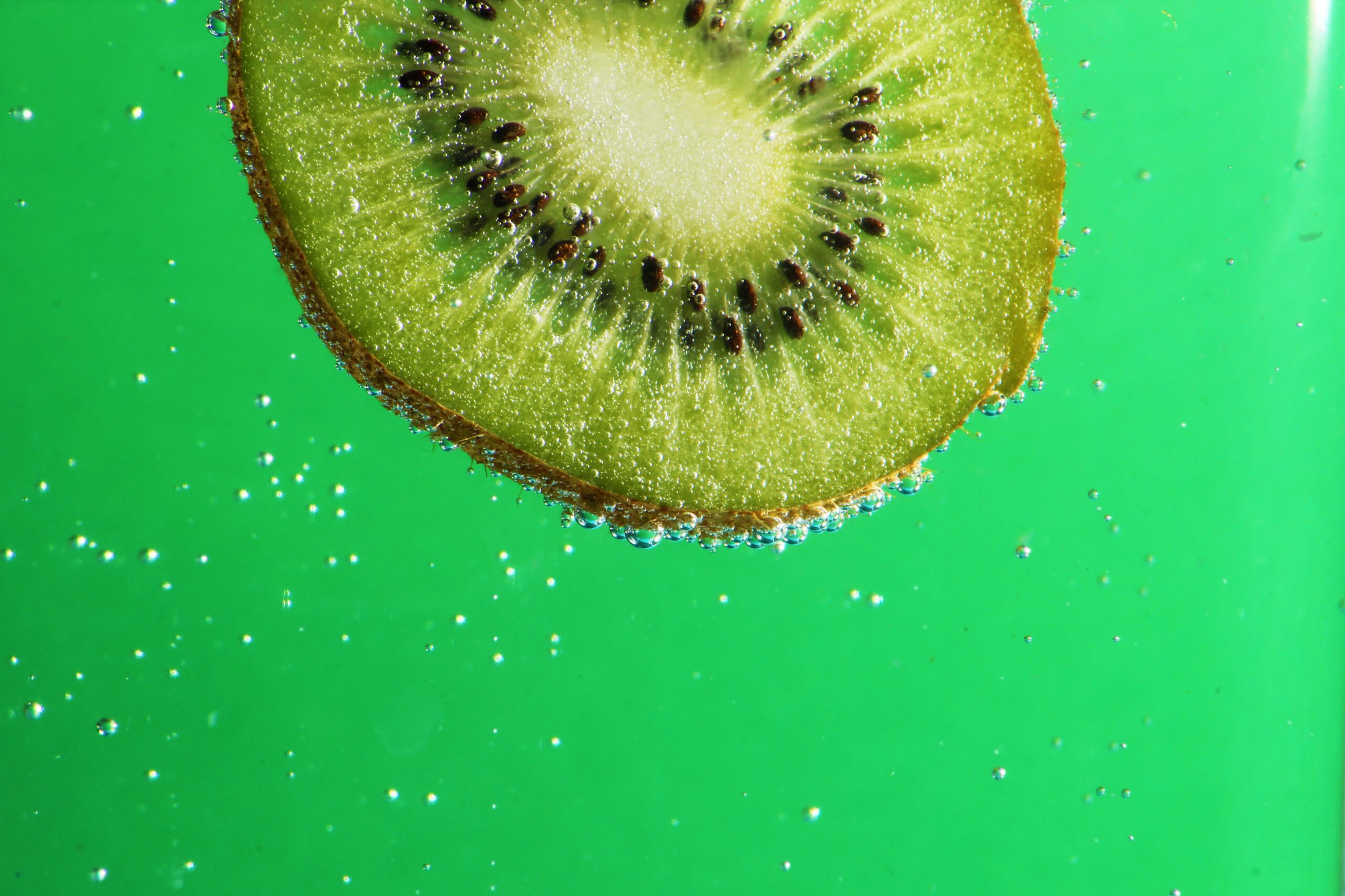Is healthy food disgusting?
I’ve heard it too many times to count: “I want to follow a healthy diet, but I hate the way healthy food tastes.” Many people shudder when trying to eat their vegetables, have a deep disdain for homemade meals, and can barely force themselves to look at a salad that isn’t drenched in dressing.
If avoiding junk food and eating a diet rich in vegetables, proteins, and healthy fats is what our bodies need, then why is healthy food disgusting?
We’re evolutionarily predisposed to prefer the taste of sweet
From an ancestral perspective we are primed to prefer sweet tasting foods.(1) We inherited these preferences as part of a long history of refined survival tactics. If sweet represents calories, then evolutionarily, our survival would have depended on our ability to locate and consume the calories needed to complete our primal activities (e.g. hunt for additional food sources, defend ourselves from predators, create housing, reproduce, etc.). Other tastes can also convey inherited messages to us that help us to instinctually be repulsed by rancid foods or to limit our exposure to poisons.(1) Unfortunately, what had helped us to survive in our ancestral societies is killing us in our current one. No longer faced with food scarcity, famine, seasonally restricted food sources, or the physically grueling activities of survival, we are in a calorie surplus that we’re not evolutionarily equipped to survive in.
We acquire learned preference of foods from our parents
What mother nature didn’t already key us to like, our birth mother’s accentuated. Even in utero our taste preferences are being shaped through the maternal diet, where unique food flavors and aromas are first introduced to us through the amniotic fluid and then through breast milk. This can best be seen through the results of one study where children born to mothers who drank carrot juice regularly during pregnancy were much more likely to prefer carrots when introduced to solid food.(1)
Not all babies are breastfed, but formula fed babies are still receiving taste preference information through their bottle feeding. Whereas breast milk has more variety depending on maternal diet, the formula fed to babies is extremely uniform. This can shape preference for a narrow range of flavors leading into toddlerhood and even on to adulthood.
After the initial ground work for food flavor preference is established in infancy, there is a critical window of time between first solid food introduction and when we reach 2 years of age where lifelong eating habits can still be easily molded.(2) After the age of 2, children are much more likely to exhibit neophobia (a fear or aversion to new foods).(1) Introducing a wide variety of new flavors and textures to young babies can make them more comfortable with trying new foods throughout their lifetime. In addition to introducing us to healthy foods, it’s also important that our parents would have persisted in feeding us foods…even ones we didn’t immediately enjoy. Some estimates indicate that babies need to be exposed to the taste of a food as many as 15 times before they appreciate them.
Another important factor contributing to which foods we will enjoy as adults is the quality of the environment during our exposure to a food.(1) If there is tension or conflict when we try broccoli for example, our baby brains may associate those negative feelings with that food going forward. The opposite can also be true where if there is joy and excitement present when we are introduced to a food it can prime us to have an affinity.
You may be genetically primed to prefer junk foods
If one of the first two scenarios didn’t apply to you, there is also the possibility that you are genetically predisposed to prefer junk food.(3) Although all humans are born with a preference for sweetness, a few of us may exhibit an even stronger preference for that taste and an even stronger aversion for bitter tastes such as cruciferous vegetables (e.g. kale, Brussels sprouts, broccoli, etc.) or grapefruit.(1) Food preference can be inherited to a certain extent as well, where cultural preferences for certain varieties of fruits, vegetables, proteins, etc. can exist.(1) It’s easy to imagine how cultures traditionally limited to a unique geographic area with a specific cuisine would be primed to exclusively enjoy those locally available foods.
Junk food is engineered to taste good
Beginning around the 1980s, junk food became increasingly more accessible and the resulting national weight gain responded almost instantaneously. Bad data had previously suggested that willpower, and then genetics, were responsible for the growing epidemic of obesity and related chronic diseases. When the trends could not be explained by character deficiency or ‘fat genes’, we began to recon with the realization that junk food had been engineered to override our body’s innate energy balance mechanisms.(4) Strategic combinations of sugar, fat, and salt creates mutant ‘foods’ capable of bypassing our conscious control mechanisms through the hyperstimulation of our brain’s reward centers which then compels us to overeat.(4) Dispelling any residual doubts about these food’s influence on our eating patterns, through brain activity scans, we can see the unsettling parallels between the effects of elicit drugs or alcohol and these hyperpalatable junk foods.(4)
Broccoli doesn’t have the same marketing budget
Its’s true: carrots, broccoli and celery all lack a certain marketable sex appeal that say chocolate ice cream or wavy potato chips have. Also, they have a fraction of the marketing budget. Some estimates suggest that junk food advertising spending surpasses promotion of healthy eating by thirty times!(5)
Through advertising strategies, junk food companies are able to create a compelling narrative (you deserve a treat after a hard day) and positive associations (remember all of that fun you had as a kid enjoying our cereal?) with their products. They do this because they understand that our memories about past behaviors shapes our current choices and we will rely on the associations they have created when making a purchase decision at the supermarket.(6) They can also use their advertising funds to throw shade on healthy eating, making it out to be unnecessarily difficult, unappealing, or too expensive.
You might not be preparing healthy foods correctly
Healthy food may seem disgusting because you aren’t preparing it properly and aren’t incorporating enough variety. It takes practice and sometimes training to learn the best cuts of meat to purchase, the best ways to select and prepare seasonally available produce, and how to use herbs and spices to enhance the flavors of your dishes. There has been a huge disruption in how food traditions are passed down in our families. Ancestrally, we would have learned the foods to select from our environment and would have been taught how to prepare those foods. With the junk food revolution, whole food preparation skills have often been lost, making us feel inadequate to the task of preparing something that doesn’t come in a box or a can, or in the form of take-out.
The good news is you can overcome all of these obstacles
Research (and my personal experience) shows us that our tastes buds and the flavor receptors in our gut can be recalibrated to be more sensitive to sweet tastes when we eliminate sugar from our diets for a period of time.(7) This is great news because it means that even though you may be addicted to junk foods, you can breakthrough these cravings and increase your preference for healthy foods over time. Frequently people find that once they are able to detox their lives of junk food, the cravings and urges disappear, and unhealthy foods that were once appealing now don’t taste as good.



